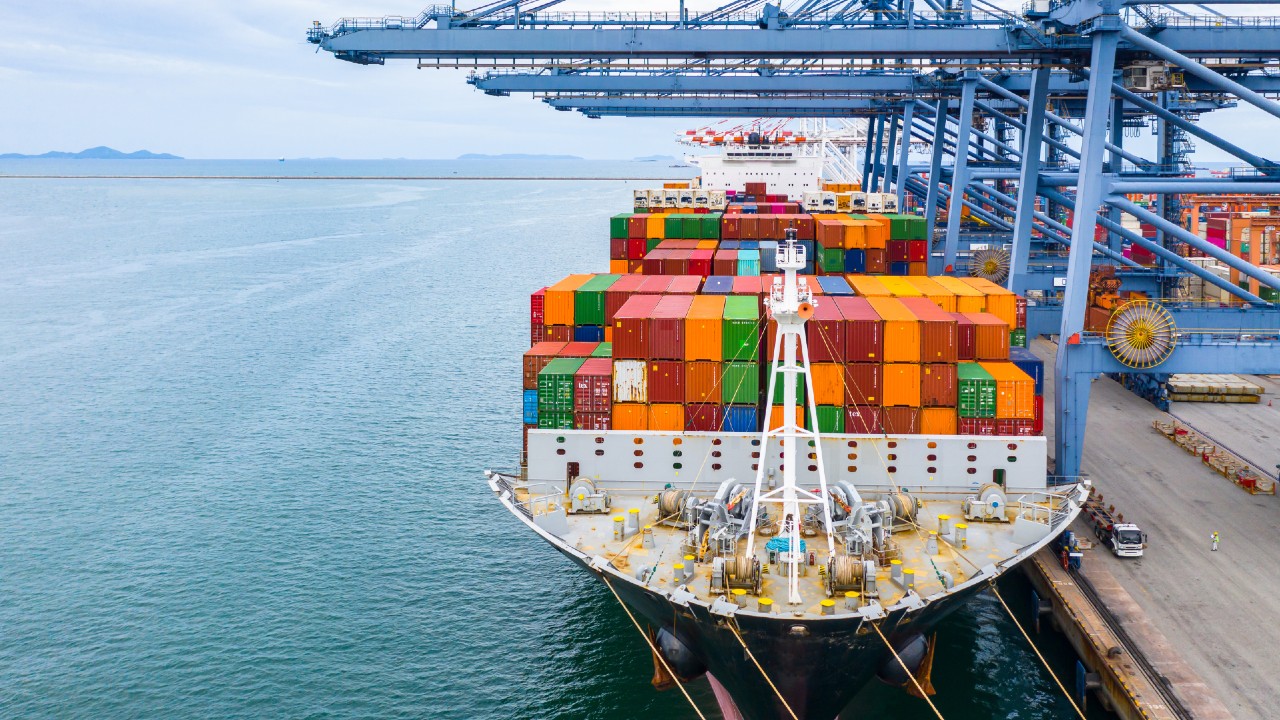
New research on economics from Harvard Business School faculty on issues including economic theory, economic slowdown and stagnation, economic growth, and economic sectors.
Page 1 of 390 Results →
In February 2023, US Commerce Secretary Gina Raimondo was deciding whether or not to sign off on a Notice of Funding Opportunity (NOFO) for $39 billion in direct semiconductor manufacturing incentives. But this NOFO had several unconventional provisions: a pre-application (pre-app) to the actual application, upside sharing provisions to align incentives, and funding milestones so that only awardees making progress would receive additional funds. The funding had been made available through the US Department of Commerce by the CHIPS (Creating Helpful Incentives to Produce Semiconductors) and Science Act passed a few months earlier. Raimondo’s team had proposed additional measures that would help the US regain technological leadership while protecting taxpayer funds. Should Raimondo move forward with the “innovative” NOFO, despite the risks? Harvard Business School professor Mitch Weiss explores the issue of risk-taking and innovation in government in his case, “The CHIPs Program Office.”

Outer space has come a long way since the 1960s. Matthew Weinzierl explains the current state of the space economy, highlighting the various opportunities for businesses hidden among the stars.

While fears about slowing economic growth have roiled stock markets in recent weeks, credit markets remain stable and bullish, and a recession hasn't materialized as some analysts predicted. Robin Greenwood discusses the market conditions that are buoying the economy—and risk signals to watch.

Rising household debt alone isn't enough to predict looming economic crises. Research by Victoria Ivashina examines the role of corporate debt in fiscal crashes since 1940.

Medical debt not only hurts credit access, it can also harm one's mental health. But a study by Raymond Kluender finds that forgiving people's bills—even $170 million of debt—doesn't necessarily reduce stress, financial or otherwise.

Trade tensions between the US and China have continued well beyond the Trump Administration's tariffs. Harvard Business School faculty offer insights for leaders managing the complexities of doing business with the world's second-largest economy.

The steep inflation that plagued the economy after the COVID-19 pandemic took many economists by surprise. But research by Alberto Cavallo suggests that a different method of tracking prices—a real-time model—could predict future surges better.

Some employers have pared staff and reduced hiring amid mixed economic signals. What does it mean for job seekers? Paul Gompers, Letian Zhang, and David Fubini offer advice for overcoming search challenges to score that all-important offer.

With voters taking to the polls in dozens of countries this year, could election outcomes lean conservative? Paula Rettl says a lack of social mobility and a sense of economic insecurity are some of the factors fueling far-right movements around the world.

Long-term labor shortages continue to stoke debates about immigration policy in the United States. We asked Harvard Business School faculty members to discuss what's at stake for companies facing talent needs, and the potential scenarios on the horizon.

Price increases might be tempering after historic surges, but companies continue to wrestle with pinched consumers. Alexander MacKay, Chiara Farronato, and Emily Williams make sense of the economic whiplash of inflation and offer insights for business leaders trying to find equilibrium.

Reactions to devastating wildfires in the Amazon show the contrasting realities for people living in areas vulnerable to climate change. Research by Paula Rettl illustrates the political ramifications that arise as people weigh the economic tradeoffs of natural disasters.

When COVID pushed service-based businesses to the brink, tipping became a way for customers to show their appreciation. Now that the pandemic is over, new technologies have enabled companies to maintain and expand the use of digital payment nudges, says Jill Avery.

Bitcoin might seem like the preferred tender of conspiracy theorists and criminals, but everyday investors are increasingly embracing crypto. A study of 59 million consumers by Marco Di Maggio and colleagues paints a shockingly ordinary picture of today's cryptocurrency buyer. What do they stand to gain?

Giving to others is also good for the giver. A research paper by Ashley Whillans and colleagues identifies three circumstances in which spending money on other people can boost happiness.

Microfinance has been seen as a vehicle for economic mobility in developing countries, but the results have been mixed. Research by Natalia Rigol and Ben Roth probes how different lending approaches might serve entrepreneurs better.

Rating agencies, such as Standard & Poor’s and Moody's, have been criticized for not warning investors of risks that led to major financial catastrophes. But an analysis of thousands of ratings by Anywhere Sikochi and colleagues suggests that agencies have learned from past mistakes.

Economic worries will make pricing strategy even more critical this holiday season. Research by Chiara Farronato reveals the value that hip consumers see in hard-to-find products. Are companies simply making too many goods?

More consumers may opt to "buy now, pay later" this holiday season, but what happens if they can't make that last payment? Research by Marco Di Maggio and Emily Williams highlights the risks of these financing services, especially for lower-income shoppers.

Many of the tariffs levied by the Trump administration on Chinese goods remain in place. James Heskett weighs whether the US should prioritize renegotiating trade agreements with China, and what it would take to move on from the trade war. Open for comment; 0 Comments.